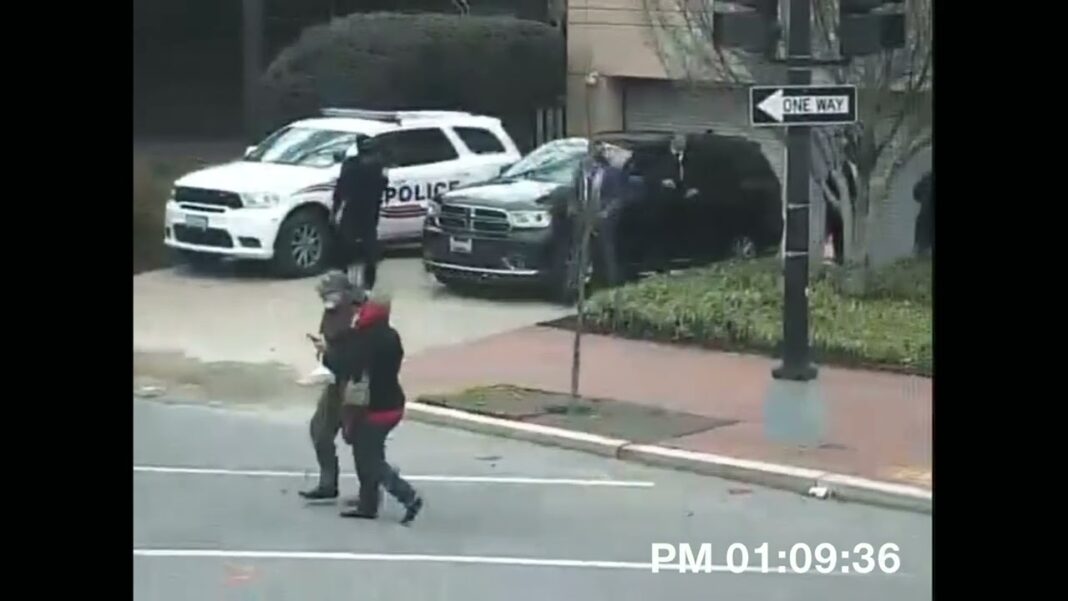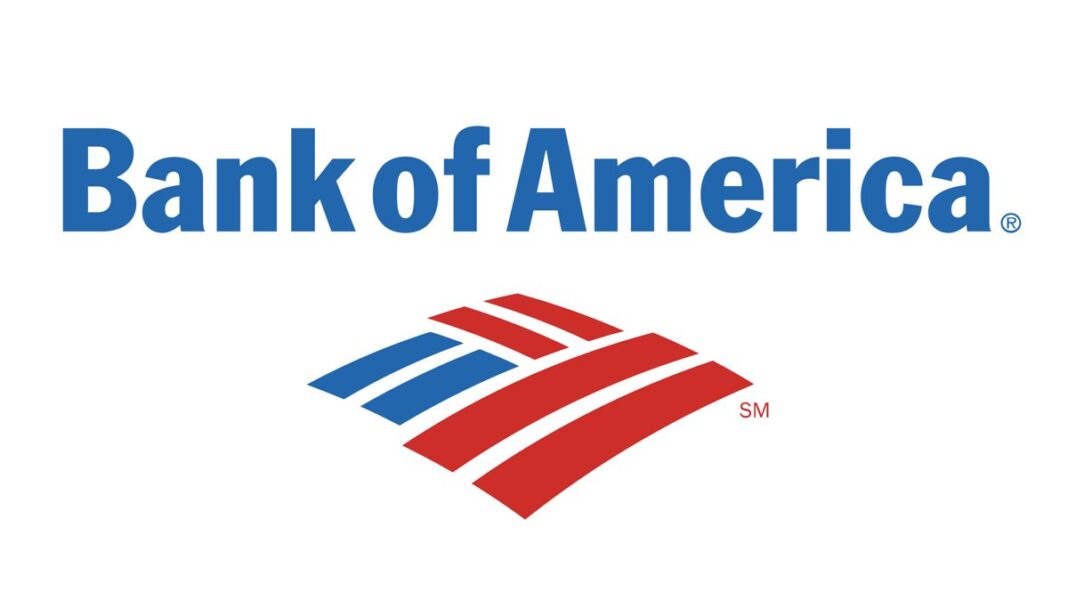
The US Supreme Court’s recent agreement to review the controversial use of a felony obstruction charge in Jan. 6 cases is already upending some sentencings.
A recent U.S. Supreme Court decision to review a case called Fischer v. United States, which experts say could weaken prosecutors’ hand in hundreds of Jan. 6 cases, including former President Donald Trump’s, is already upending some defendant cases and sentencing proceedings.
In December, the Supreme Court decided it would take up the appeal by Jan. 6 defendant Joseph W. Fisher of the Biden administration’s novel use of an Enron-era evidence-tampering law to prosecute hundreds of defendants for obstruction of Congress during the Jan. 6, 2021, Capitol incident.
The obstruction of Congress charge—which carries a sentence of up to 20 years in prison—is the most widely charged felony in Jan. 6 cases, including against President Trump.
Mr. Fischer was indicted for various alleged offences for his role in the Jan. 6 incident, including obstruction of law enforcement during civil disorder, violent entry, and disorderly conduct on Capitol grounds—and obstruction of Congress based on 18 U.S. Code Section 1512(c)(2), or “Tampering with a witness, victim, or an informant.”
This is an evidence-tampering provision that’s part of the Sarbanes-Oxley Act, which experts say was conceived largely to curb wrongdoing on Wall Street—but is now used by the Department of Justice (DOJ) in Jan. 6 cases.
Mr. Fischer challenged the obstruction charge, claiming that 1512(c)(2) does not prohibit his alleged conduct on Jan. 6. A district court agreed but the U.S. Court of Appeals for the D.C. circuit reversed that decision, siding with a broader reading of the provision, namely that it applies other forms of obstructive conduct, not just ones related to investigations and evidence.
While it’s unclear when the Supreme Court will hold the first hearings in Mr. Fischer’s appeal, several legal experts told The Epoch Times in earlier interviews that the high court is likely to find that 1512(c)(2) is being improperly used against Jan. 6 defendants.
By Tom Ozimek





